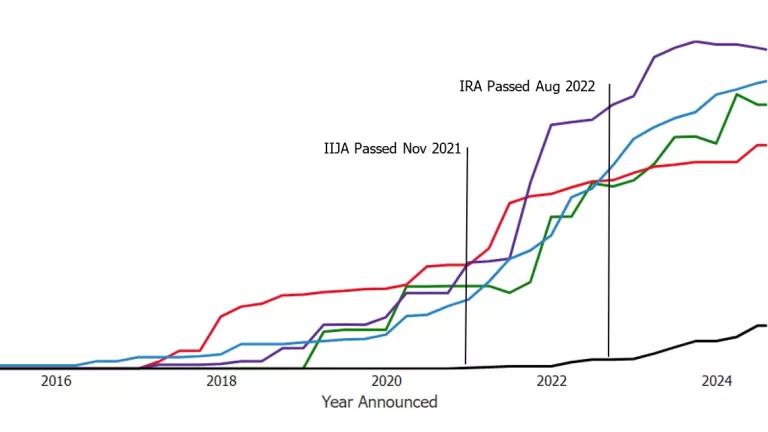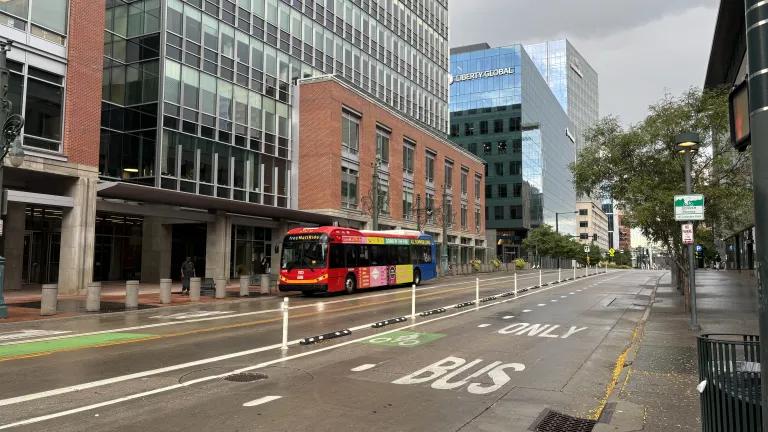Advancing Electric Mobility in India
India has one of the lowest motorization rates in the world, but is set to take off in a similar trajectory as China and the U.S. In India, air pollution has reached crisis levels. Motor vehicles are estimated to contribute 20 to 40 percent of the air pollution in major cities, such as Ahmedabad and Delhi. In recent years, the Indian government has made serious commitments to tackle the air quality and mitigate emissions along with initial electric mobility programs and policies.
Around the world, leading countries have announced ambitious electric vehicle (EV) goals and proposed plans to end gasoline and diesel sales. India has introduced programs to advance electric mobility through the Faster Adoption and Manufacturing of Hybrid and EV (FAME) scheme and charging infrastructure programs while several states in India have announced EV policies. A widespread, accessible public charging infrastructure network is needed to support a robust EV market – as evidenced by experiences in China, the United States, and around the world. In India, EV sales would need to reach 30% for private cars, 70% for commercial cars (i.e. delivery vehicles, fleets, and taxis) 40% for buses and 80% for two and three-wheelers by 2030 to achieve the government's electric mobility goals, according to analysis by the Indian government.
Under the second phased of the FAME scheme (2019), India is set to bring nearly 2,600 electric vehicle (EV) charging stations across the country starting in 2020, to enable growth in the nascent EV markets. However, to achieve India’s EV goals, an aggressive scale-up will be needed in the deployment of charging infrastructure. To support the scale-up, it will be key to understand the challenges faced by the EV charging infrastructure market and strategies government agencies, utilities, charging service providers, and automakers are deploying to overcome these challenges.
Given the close connections of the transport sector on clean air, health, jobs, and energy security, the case for an action on electric mobility is more compelling than ever in India. NRDC and partners, through their work at the national- and state-level, focus on advancing electric mobility so that India can march ahead to meet its transport electrification, air quality and climate change goals.


